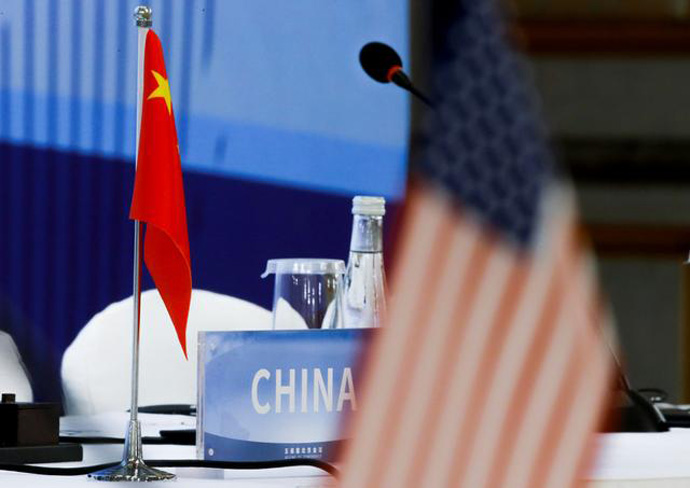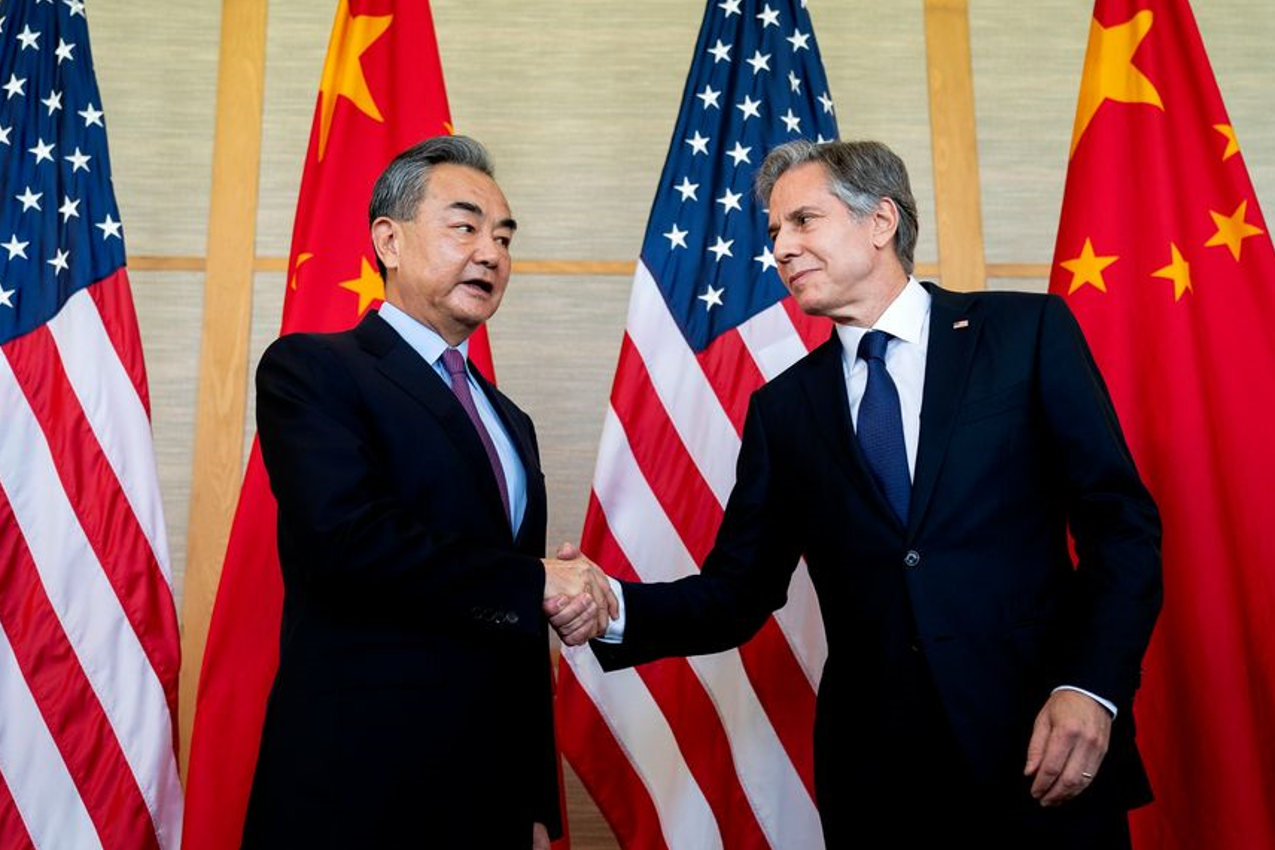
Zhao Minghao, Professor, Institute of International Studies at Fudan University, and China Forum Expert
Aug 01, 2022
The recent conversation offered an opportunity to manage bilateral relations from a strategic height. But because of domestic political strife in the U.S, there will likely be no letup in attempts to amplify “China threat” rhetoric.
Leonardo Dinic, Expert in Geopolitics and International Business, the Future of Work, and Emerging Technologies
Jul 29, 2022
There is uncertainty in the relationship between the EU, the U.S. and China due to the EU’s increased dependence on Russian Oil and Chinese goods and markets, amidst the Ukraine war and increased tensions between the U.S., China and Russia.
Zhou Xiaoming, Former Deputy Permanent Representative of China’s Mission to the UN Office in Geneva
Jul 29, 2022
Europe’s interests require that it strongly back the global trading system and establish multilateral independence toward other countries, especially China. Strategically autonomy, however, means the EU must break away from its reliance on Washington.
Zhang Baijia, Former Deputy Director of the Party History Research Center, CPC Central Committee
Jul 27, 2022
As an emerging power, China must cultivate a healthy national psyche, seeing not only from its own perspective but also that of others. It should do its own things well, balancing reform, development and stability. And it should work to reestablish positive relations with the U.S..
Wang Zhen, Professor and Deputy Director, Institute for International Relation Studies, Shanghai Academy of Social Sciences
Jul 27, 2022
President Joe Biden’s trip didn’t measure up to expectations. That’s because America’s hegemony in the region is not what it used to be. If the Biden administration had recognized this early, U.S. diplomacy would have been more rewarding.
Yang Wenjing, Research Professor, Institute of American Studies, CICIR
Jul 27, 2022
Locked in a mindset of great power competition, the U.S. president has been trying to find a new balance. Decades of military involvement in the region not only cost the U.S. dearly but also provoked a sort of psychological fatigue.
Wang Zhen, Professor and Deputy Director, Institute for International Relation Studies, Shanghai Academy of Social Sciences
Jul 25, 2022
The U.S. president has failed to reverse the harmful effects of Donald Trump’s sanctions. In fact, by continuing them, especially in the high-tech arena, America has unleashed a vigorous wave of energy in China to catch up, which will only lead to a loss of U.S. market share.
Li Shaoxian, President, China Institute for The Study of Arabian Countries, Ningxia University
Jul 25, 2022
U.S. President Joe Biden’s recent trip to the Middle East was disappointing at best against the backdrop of the conflict in Ukraine. The Biden administration’s attempt to promote allegiance against Russia and promote oil production has ultimately fallen flat.
Jul 23, 2022
Kissinger called for "Nixonian flexibility" in dealing with China, as well as Russia and Europe.

Li Yan, Director of President's Office, China Institutes of Contemporary International Relations
Jul 15, 2022
Will the G20 foreign ministers meeting bring China-U.S. ties back on track? Only with continuous improvements in the overall bilateral atmosphere can any consensus on cooperation — and the stability of the world — be effectively guaranteed.
Back to Top

- China-US Focus builds trust and understanding between the U.S. and China through open dialogue among thought leaders.
- Our Offerings
- Topics
- Videos
- Podcasts
- Columnists
- Research Reports
- Focus Digest
- Stay Connected
-
Thanks for signing up!
- Get the latest stories from China-US Focus weekly.